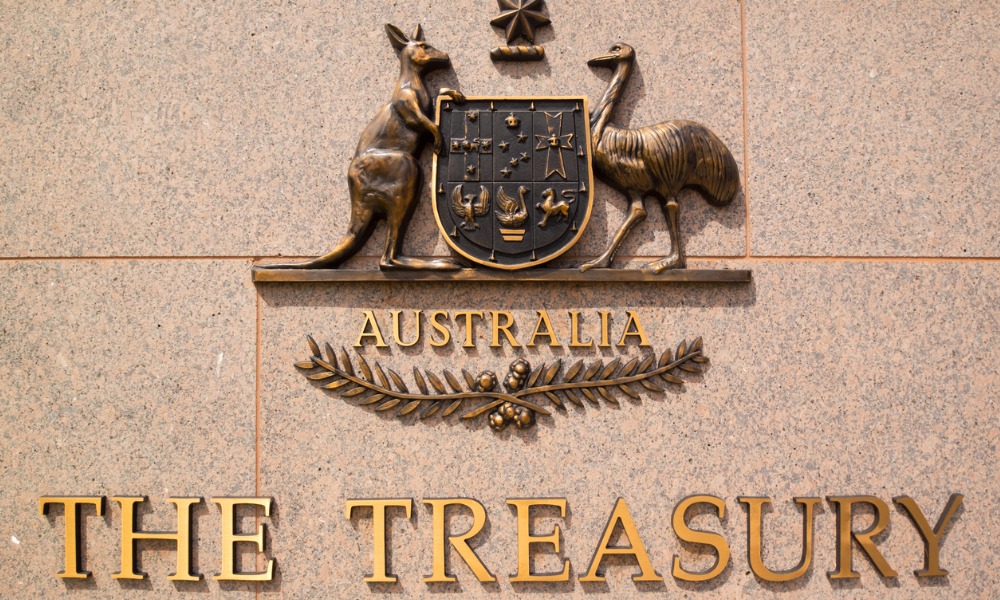Electricity rebates, tax cuts, and more rent assistance

Federal Treasurer Jim Chalmers has delivered the 2024 federal budget, promising that it is aimed at helping Australians face cost-of-living pressures while addressing inflation.
Chalmers said in an interview with ABC that he recognises his role in fighting inflation, noting that the $9.8 billion budget surplus considers it.
The funding includes a $7.8 billion cost-of-living relief package with an energy bill relief and a boost to the Commonwealth Rent Assistance, Mozo reported.
The budget also entails revamped tax cuts, which are expected to benefit homebuyers, with borrowing capacities for common income earners expected to increase.
However, despite the budget’s aim to curb inflation, economists from Westpac say the measures’ net impact on inflation is hard to predict.
“The direct effect is to soften inflation via the associated subsidies and lower indexation of some other prices the following year,” Westpac said.
However, the bank said the indirect effect is that the relief to households may “spill over into extra spending” that could take longer for the government to moderate inflation.
Under the energy bill relief, every family will receive a $300 energy rebate for the 2024 to 2025 financial year. The credit will automatically be applied to electricity bills in quarterly instalments.
Over 10 million households will receive the rebate.
Meanwhile, 1 million small businesses will get a $425 rebate off their electricity bills.
The package also increases the Commonwealth Rental Assistance’s maximum rate by 10% from September 2024, helping struggling renters.
This follows a 15% increase to rent assistance in the 2023 budget.
Now, the maximum rates of rent assistance are 40% higher than May 2022, costing the Australian government about $1.9 billion over the next five years from the 2023 to 2024 financial year.
Have something to say about this story? Let us know in the comments below.



